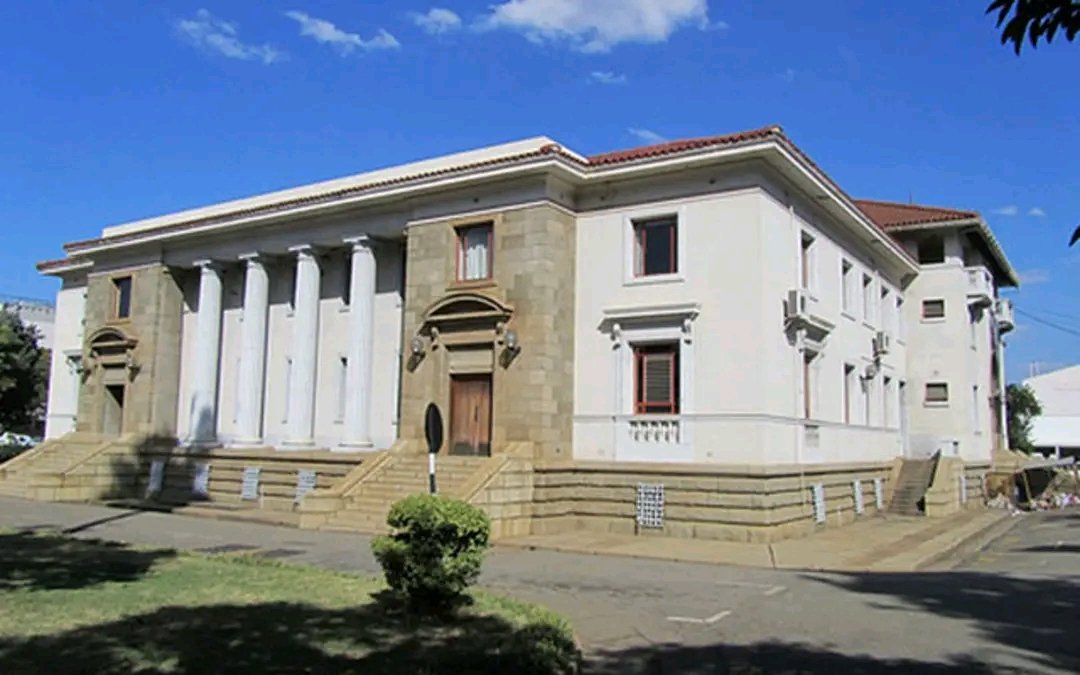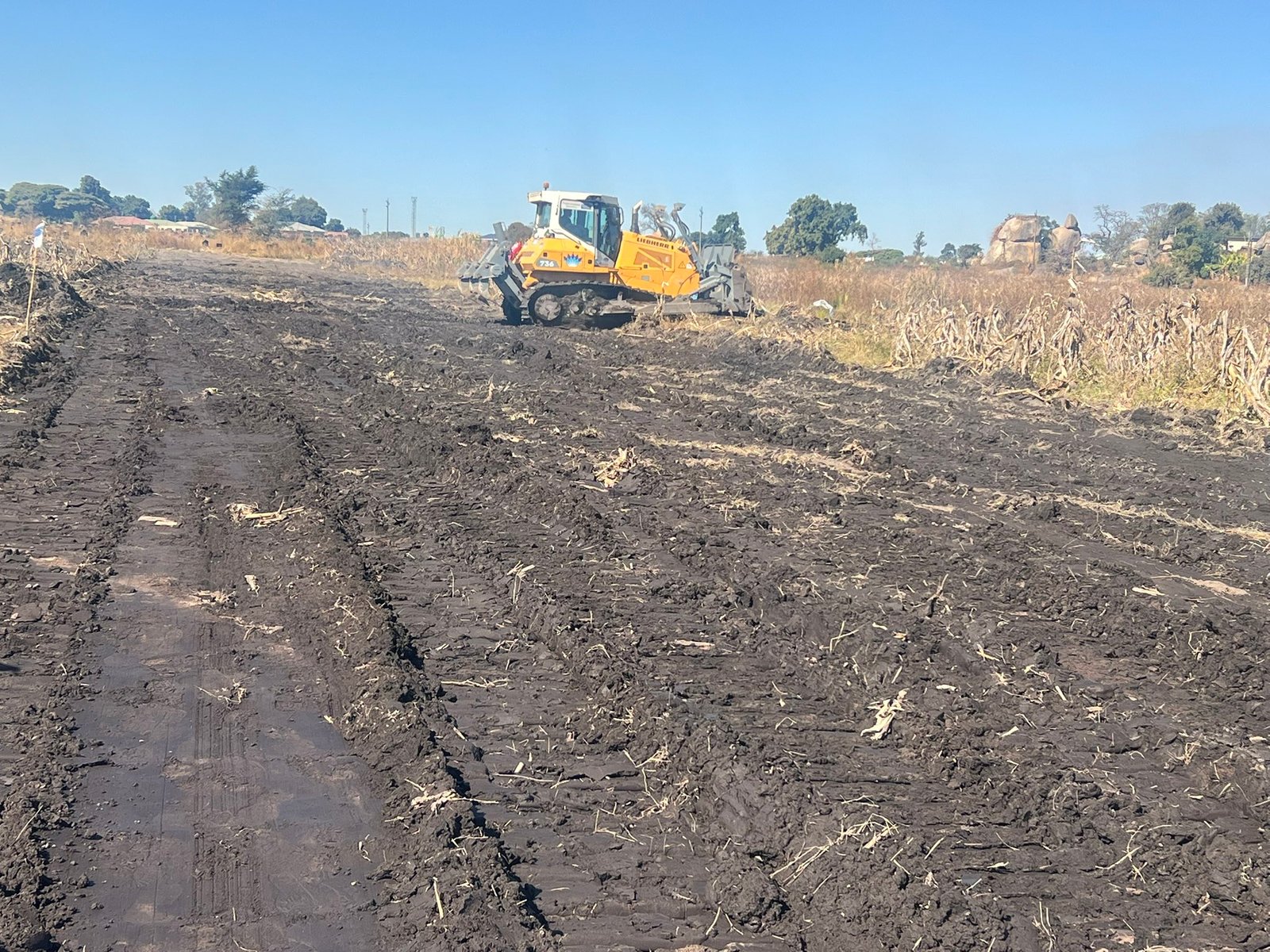Harare residents are questioning the integrity of the local authority as it seeks permission to borrow $21 million to enhance service delivery in the city.
This alarming request raises a critical question: can a council lacking transparency and accountability be trusted to manage additional funds responsibly?
The City of Harare published a notice in the press outlining its intention to borrow this substantial sum to finance various initiatives aimed at improving services, including water, sanitation, roads, and public safety.
“The City of Harare is seeking borrowing powers worth US$21,299,800 to buy the following in pursuit of providing services to the residents of Harare: water, sanitation and hygiene (WASH), roads, public safety and security services, social service programme, governance administration,” part of the notice read.
The proposed funds will be allocated to several capital projects, including upgrading three bus termini at a cost exceeding $2 million, purchasing five refuse compactors for $600,000, and acquiring 52 tractors for $2.6 million, with each tractor priced around $50,000.
The council also plans to invest $1.3 million in vehicles, $157,500 for a front-end loader, and $8,500 for a solar-powered borehole.
However, the local authority’s lack of transparency has sparked outrage among residents. Mr. Precious Shumba, director of the Harare Residents Trust, criticized the council for its opaque operations.
“The City of Harare is in no position to consider borrowing money for any reason. They first have to have a functional, transparent, and accountable billing system. Currently, they have failed to plug financial leakages on funds generated by strategic business units and cattle farms and have opaque procurement systems,” he said.
With the council’s track record of mismanagement, Mr. Shumba said there was a need to address these “glaring financial flaws” first.
“Despite the bad financial situation at the City of Harare, they awarded senior managers Grade Four pay-grade vehicle loans worth US$85,000 but failed to think of refuse compactors and waste management as a whole. Council management and councillors in the responsible committees are both conniving to deceive and loot council funds in the name of service delivery. We reject the borrowing powers being sought. Let the council recover the money paid to a supplier of refuse compactors who delivered single skip trucks instead of the double-skip refuse trucks ordered as per council resolutions. Nothing presently justifies the borrowing powers sought,” said Mr. Shumba.
He pointed out that the council had previously offered vehicle loans to senior executives, with most of the funds covered by the council itself. “What for?” he questioned, pointing to perceived mismanagement.
However Mr Shumba further expressed skepticism about the council’s financial status.
“They have money. They are going to faraway places to hold workshops in Victoria Falls, Kariba, which means they have the money. As residents, we don’t know their financial status, so how can they borrow?”
In defense of the borrowing decision, Mayor Jacob Mafume stated that it is essential for enhancing service delivery. He assured residents that the funds would be “ring-fenced and utilized effectively.”
“We will have to borrow, as there is no city in the world that has survived on cash alone,” Councillor Mafume said.
“However, we need to ensure that the borrowed funds are ring-fenced and utilized effectively. To avoid leakages, we will ensure that the money goes directly to the suppliers. We are confident that we will be able to utilize the funds efficiently.”
Councillor Mafume expressed dissatisfaction with the council’s delay in implementing an effective ERP system.
“I am unhappy with the way my staff is delaying the reinstatement of the ERP system. I have raised the issue with the commission (which is probing the city affairs) and the Ministry (of Local Government).”
Reuben Akili, director of the Combined Harare Residents Association, labeled the request for borrowing powers as absurd. He emphasized that there are currently no justifiable reasons for the council to seek additional borrowing while still paying hefty perks to its officials.
“We are not happy that council management and councillors in responsible committees are conniving to deceive and loot council funds in the name of service delivery. We are rejecting the borrowing powers being sought,” he said.
This also comes at a time when the city has lost track of a US$4.5 million loan advanced to its subsidiary Harare Quarry, amidst reports that the city is still using outdated methods, such as memory sticks, to store financial records. Top city officials are also drawing huge salaries and perks at the expense of funding service delivery and paying municipal workers.





